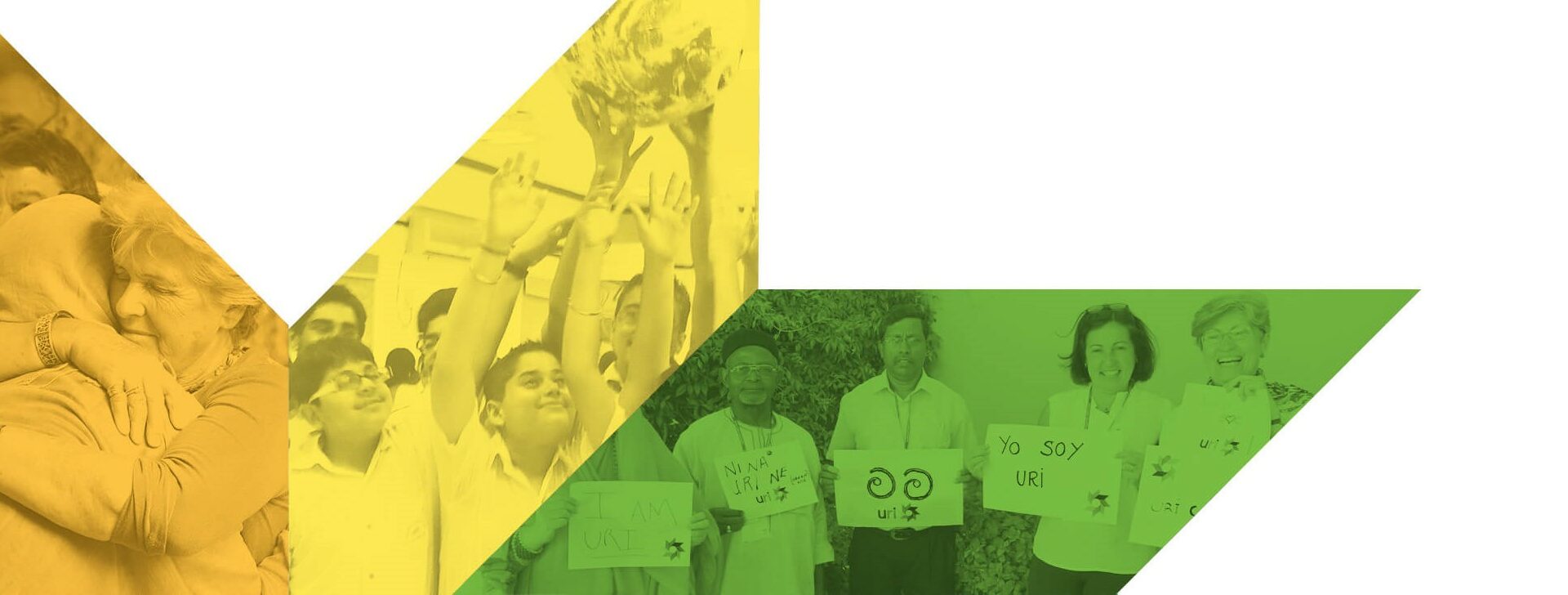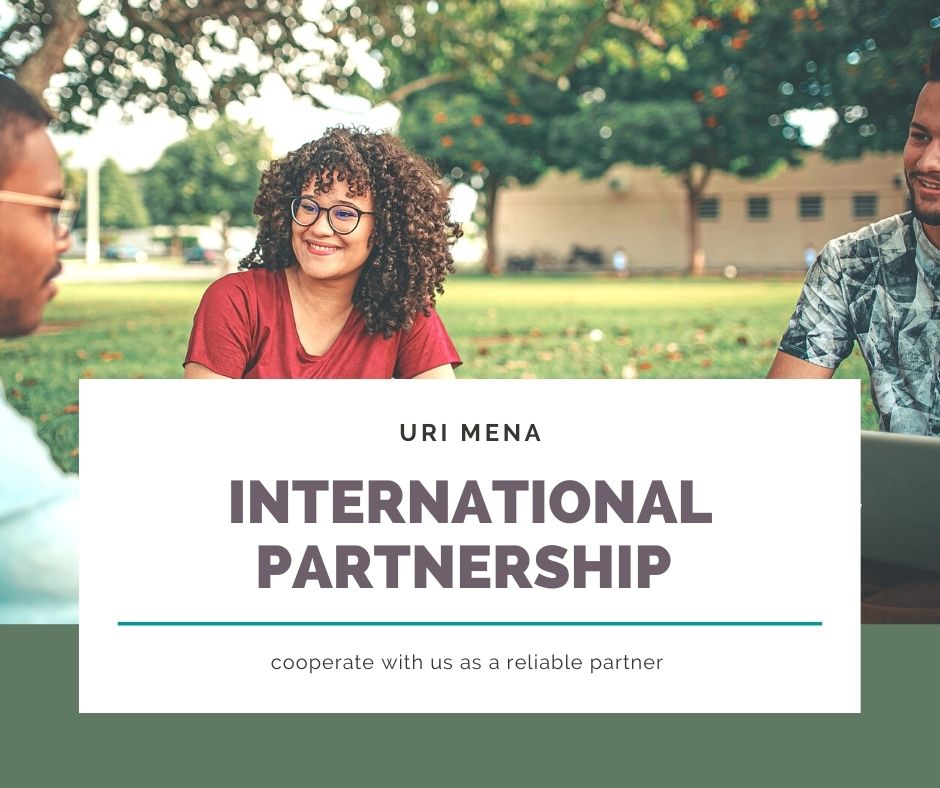
Expanding your network
URI MENA works with over over 90 local member groups in the MENA region. We are an umbrella organization to connect local initiatives and NGOs with international partners. We have a long experience in implementing projects for our partners and organize events for them. The German organization AGIAMONDO, which is part of the Civil Peace Service, is one of our well-known partners in conflict transformation. Anna Lindh Foundation regularly implements project through us or our member groups. We are experienced in receiving Erasmus + Study groups and organize volunteer opportunities for them. Contact us at [email protected]. We can be your next reliable advisory partner in Jordan.
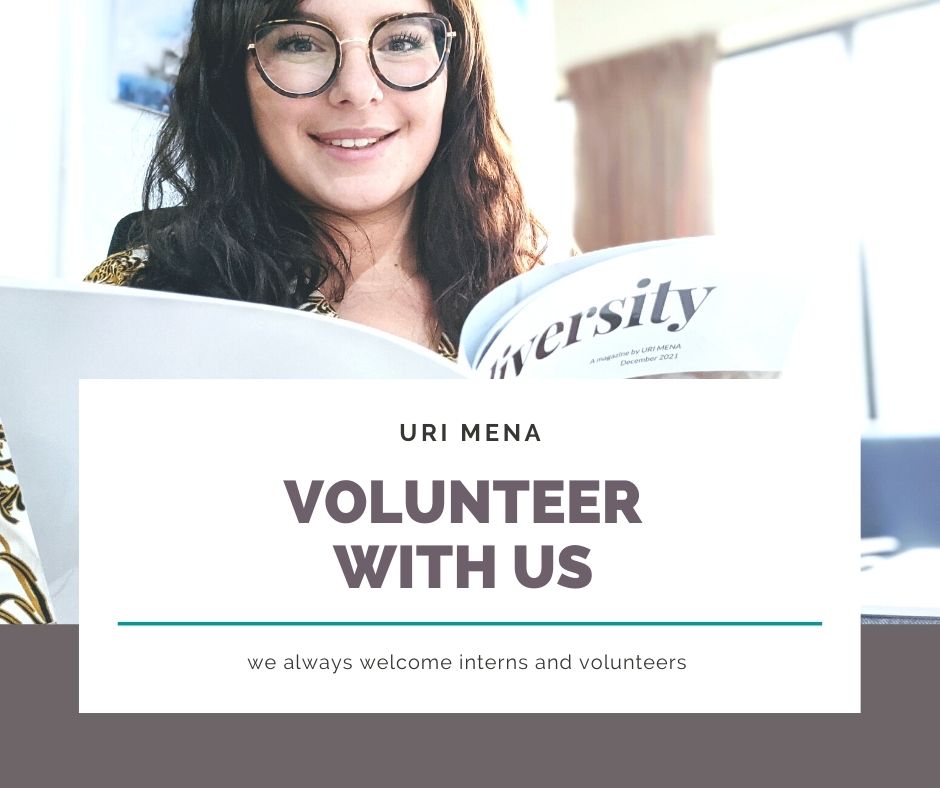
Spend some time with us!
Volunteering can give you the opportunity to try something new, gain experience, develop skills, improve your career prospects, build confidence and meet new people while having a positive impact on individuals, communities, and the environment. URI MENA’s office in Amman and URI CCs (affiliate groups) across the Middle East & North Africa need volunteers to help organize events and activities. The available periods of volunteering usually range from one day to three months, but we also offer long-term-internships. Read more about prerequisites, tasks and experiences from former volunteers.
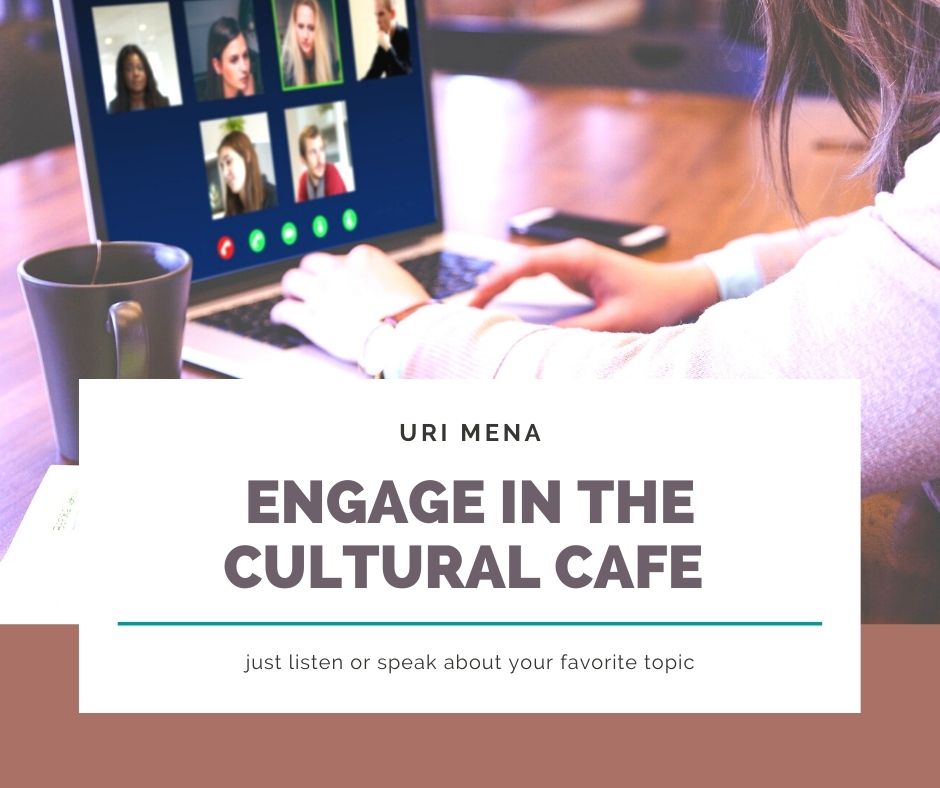
Join our Cultural Cafe
The Cultural Cafe is a great opportunity to meet the expanded network of Cooperation Circles from 14 countries in MENA region. Every second Saturday we prepare a 90-minutes session about special experiences, interesting tools, theories we like or cultural topics. We come together in person, in the office and connect via Zoom with our members outside Jordan. Wherever you are, you can join! Or you present your favorite topic! We are always looking for new input and various speakers.
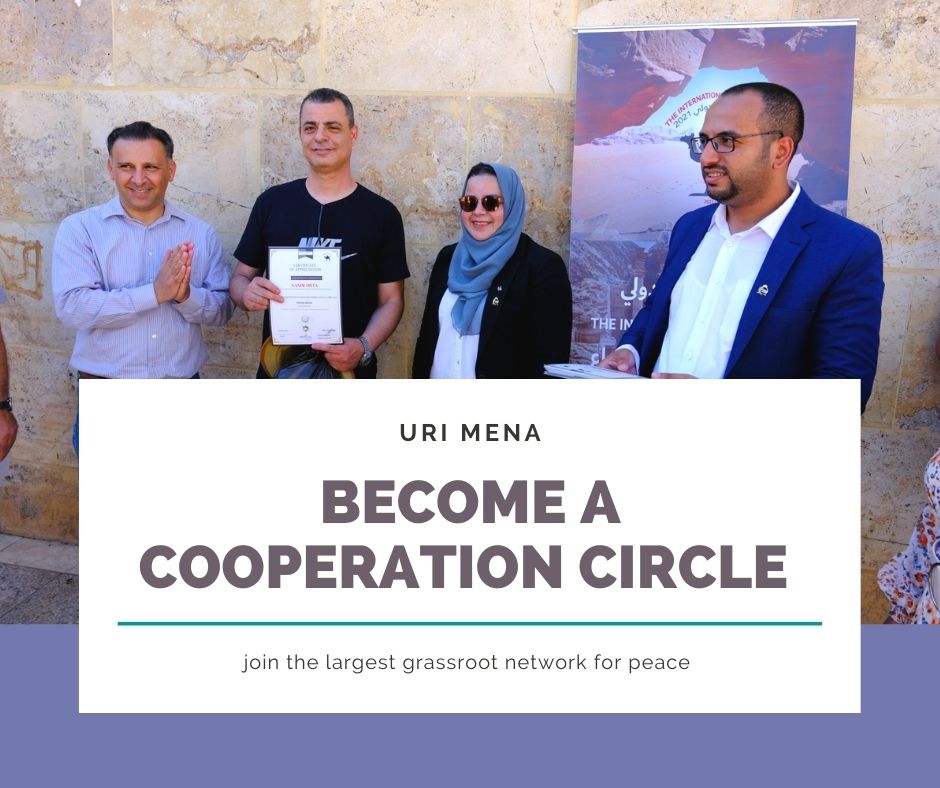
How to become a Cooperation Circle?
URI members are called Cooperation Circles (CCs), which are self-organizing groups of at least seven members from at least three religions, spiritual expressions, or indigenous traditions—including atheists and agnostics. CCs work on two levels: by giving people of different backgrounds a chance to work together, and by tackling important community issues their members care about, including poverty, social and economic inclusion, human rights, education, intercultural understanding, peace building, religiously motivated violence, environment protections, etc. More information here.
